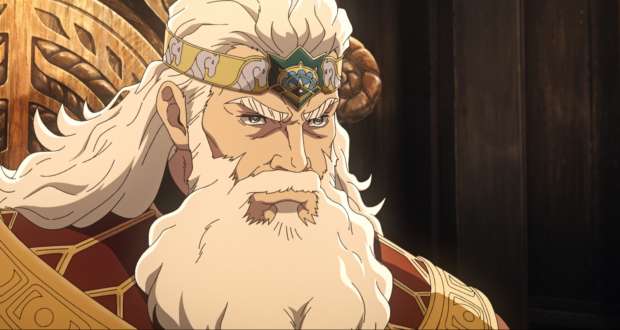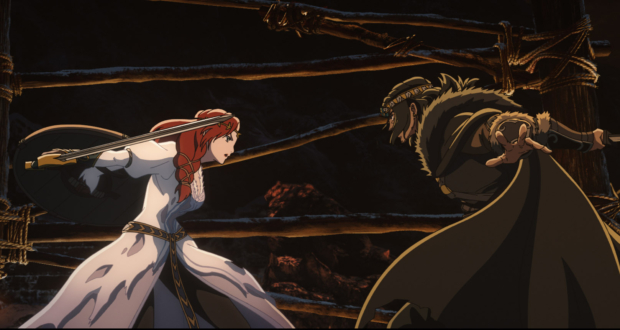
With technology constantly improving, and the lengths of these games getting generally shorter, are videogames becoming more and more like Movies? There was a time when the two were entirely seperate entities, offering unique, often complimentary experiences similar to reading a book and watching a movie about the same topic. I feel with the graphical enhancements of recent years, the gap is closing between the two.
Our older readers might remember a time when videogaming meant going to your local arcade and losing your pocket money on the various cabinets, or merely wasting your hours trying to get as far as possible through one of the old cartridges (because they didnt have a save feature). There was no question of a videogame giving a movielike experience. For example, Terminator 2: Judgement Day on the Commadore 64, it barely even resembled the movie, and relied on short sentences to move the story along. This was hardly an experience equal to watching a blockbuster. (Plus it looks like it was awfull)
As time went on, graphics slowly improved, with games like Star Fox on the Super Nintendo showing revolutionary (at the time) 3d graphics. The biggest push toward cinematic gaming however, came with the next generation of consoles (the PSone, Nintendo 64 and PC’s). Suddenly games where capable of 3d worlds, enhanced audio and even voice overs. Suddenly we had movie tie ins which were far closer to the movie than we had ever seen before, like Goldeneye on N64.
As much of a classic as Goldeneye was, I’m sure none of us were under the illusion this was an experience comparable to watching a film. This generation did however produce a lot of games clearly inspired by hollywood, like Metal Gear Solid (Solid Snake was based on Plissken from Escape From New York).
The PS2, Gamecube, Xbox and next generation of PC’s took another Giant step toward cinematic experiences.This was a generation of near endless movie tie ins (there was even an Astro Boy tie in released last year on PS2, 10 years after the consoles release). This was the generation where it was a viable option to make a movie tie in that wasnt based on a movies plot and still make a healthy addition to the franchise and cannon, for instance Chronicles of Riddick on Xbox.
A gameplay mechanic from this generation thats helped the cinematic experience hugely is the quick time event as shown here in God of War 2 (PS2). A quick time event is a mechanic that allows the camera to follow the action and the animation to be far more cinematic but allows for very limited controll of your character, only pressing the onscreen prompts.
Compare that now, to the present generation of consoles. God of War 3 on PS3
QTE allows for high quality animated scenes with a scripted events to be a part of the regular gameplay experience, the Videogame equivelent to a huge action sequence. Add to this the ever improving graphics, audio and gameplay techniques (motion controls for example), and videogames are getting freakishly close to the movies.
Games like Mass Effect allow the gamer almost complete control over their experience and their story. You choose your dialogue and decide your course of action which later affects the story and ending. I feel it has a unique, immersive world similar to how Star Wars must have felt back in the 70’s. Heres a video of an upcoming game, LA Noire, which shows that even the subtleties of acting aren’t far from gamings grasp.
The current generation of consoles is on its last legs, having been out for 5 years and counting. It wont be long before we get another set of technological powerhouses capable of creating the same blockbusters we expect from a trip to the cinema.
My question to you guys is this; with generations growing up gaming, and hollywood taking less and less from ticket sales and home releases, can you see a future where both film and videogames become nearly indistinguishable? A world where Movies become more interactive experiences?
[Note: I’m not saying it will, or that i’d like it to, I’m purely after the oppinions of you guys]
















